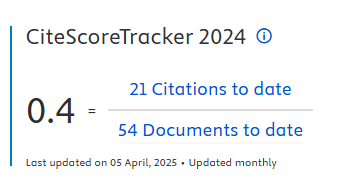Investigating the Key Factors Influencing the Use of Online Social Networks in Public Sector Context in the UAE
DOI:
https://doi.org/10.5585/iji.v7i3.347Keywords:
Unified Theory of Acceptance and Use of Technology, Online Social Networks, public sector, UAE, Structural Equation Modeling.Abstract
During the past decade, usage of online social network sites has grown dramatically rivaling search engines as the most visited Internet site. The intensive literature review reveals the existing of several studies that have been done on the field of Online Social Network (OSN), but there is a lack of research that deals with usage in the context of public sector organizations. This study aims to employ structural equation modeling via AMOS to analyze 401 valid questionnaires for assessing a model which is proposed based on Unified Theory of Acceptance and Use of Technology (UTAUT) to identify the factors affecting the use of OSN among employees of a public sector organization in the UAE. The proposed model examines the influence of four factors; performance, effort, social influence, and facilitating conditions on the actual use of OSN. Results indicated that all these factors (as independent variables) significantly predicted the actual usage of OSN with various percentages. Our work improved the insights on the online social networking usage in the context of public sector organizations.
Downloads
Downloads
Published
How to Cite
Issue
Section
License
Copyright (c) 2019 Fathey Mohammed, Ali Amin, Hamad Almari, Osama Isaac

This work is licensed under a Creative Commons Attribution-NonCommercial-NoDerivatives 4.0 International License.
- Abstract 808
- PDF 591











